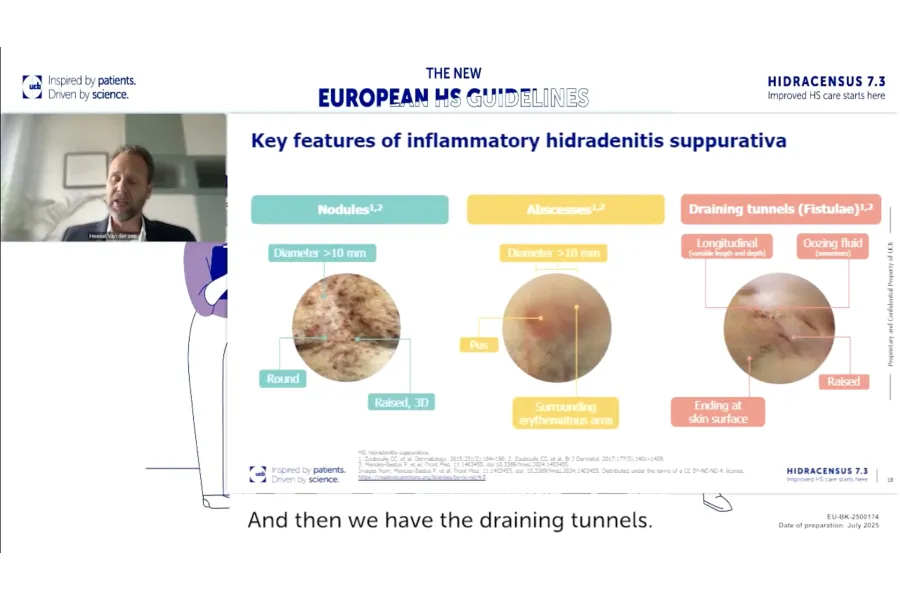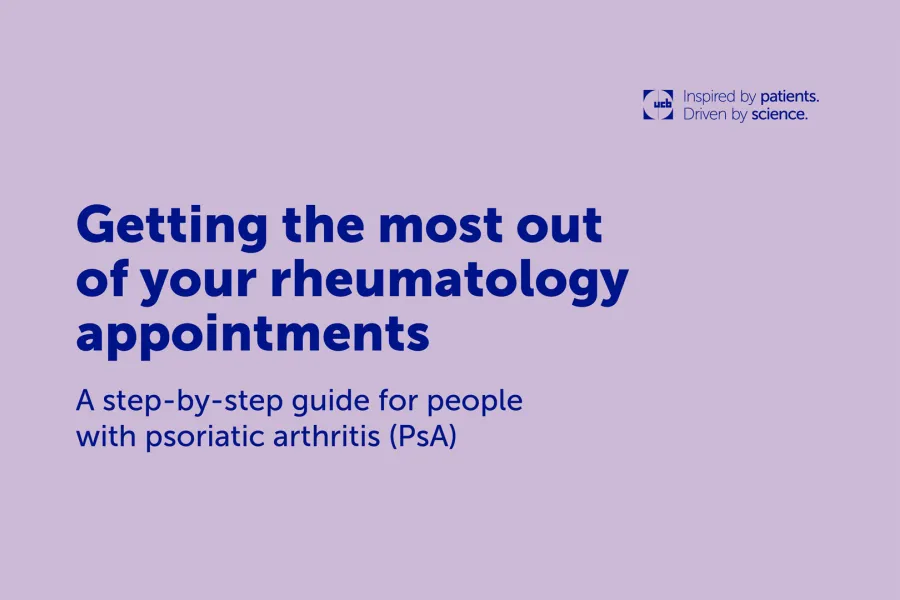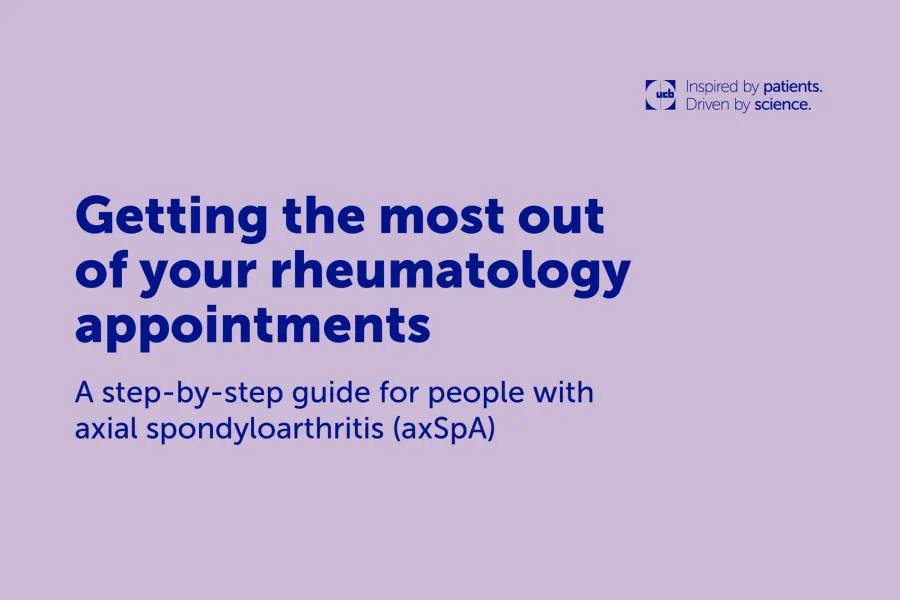
Explore the potential implications of biologic disease-modifying antirheumatic drug (bDMARD) molecular structure on placental transfer

Professor Thrasyvoulos Tzellos is Dermatologist at the Department of Dermatology, NLSH Bodø, Norway, and Associate Professor at Institute of Clinical Medicine, University of Tromsø, Norway.
Professor Tzellos received his medical degree from the Aristotle University of Thessaloniki, Greece, moving on to complete an MSc in Clinical Research and Epidemiology and a PhD from the same institution. He has also completed several postgraduate courses on educational techniques, epidemiology and clinical pharmacology in healthcare.
He has published over 100 peer-reviewed articles and his current research expertise lies in the field of evidence-based medicine, clinical trials, meta-analyses, case-control studies, cohort studies and large-scale epidemiological studies. He is actively involved in clinical research on hidradenitis suppurativa and is a founding member of the European Hidradenitis Suppurativa Foundation (EHSF).

Dr van der Zee and Prof. Arenbergerová explore holistic treatment of HS through medical, surgical and combined approaches
Explore the potential implications of biologic disease-modifying antirheumatic drug (bDMARD) molecular structure on placental transfer

Empower patients with PsA with this interactive guide to help them confidently prepare for appointments and support shared decision-making

Empower patients with axSpA with this interactive guide to help them confidently prepare for appointments and support shared decision-making
Support patients with this wound care guide including practical tips, dressing pros/cons and guidance for routine HS lesions
Master the new S2k HS guidelines. Download this quick guide for key updates and printable treatment algorithms to optimise patient care